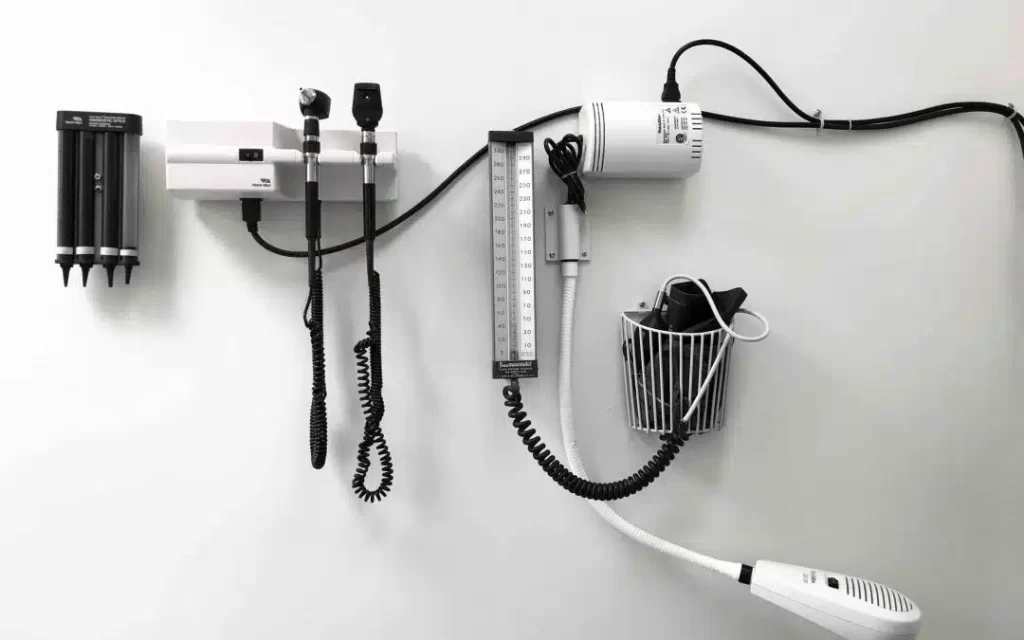
Navigating Medicaid Managed Care: Tips for Beneficiaries
Beneficiaries may encounter many new phrases when navigating Medicaid, and

Beneficiaries may encounter many new phrases when navigating Medicaid, and

One of the most confusing aspects of Medicaid is its

If you are serious about applying for Medicaid, one of

Although you might not have considered federal programs at a

Navigating the Crossroads of Windfalls and Medicaid Preservation When unexpected
Thank you for coming to the Elderly Care Law Firm Blog & News section. Here you’ll find our perspective, law, and updates on elderly care law.


Elderly Care Law Firm
14707 S. Dixie Highway, PH 401 Miami, FL 33176
Phone: (305) 564-6606
Serving clients throughout South Florida, |including, Miami-Dade County, Broward County, Palm Beach County, Monroe County, Coral Gables, Cutler Bay, Florida City, Homestead, Key Biscayne, Miami, Miami Beach, Palmetto Bay, Pinecrest, South Miami, Kendall, Kendale Lakes, Naranja, Richmond Heights, South Miami Heights, West Kendall, Davie, Deerfield Beach, Fort Lauderdale, Hallandale Beach, Hollywood, Lauderdale Lakes, Coral Springs, Lauderhill, Miramar, Pembroke Park, Pembroke Pines, Plantation, Pompano Beach, Southwest Ranches, Sunrise, Weston, Key Largo, Key West, Marathon, Key Colony Beach, Islamorada, Tavernier, Big Pine Key, Duck Key, Conch Key, Long Key

Sherrie Ann Lim brings over twelve years of customer service experience and a strong background in team leadership and client support. Although she holds a Bachelor of Science degree in Physical Therapy, her career path led her to the dynamic world of the contact center industry, where she discovered a deep passion for service, communication, and operational excellence.
Sherrie is known for her perseverance, enthusiasm, and confident sense of responsibility. She consistently delivers high-quality results, efficiently managing tasks while remaining flexible to the evolving needs of her clients. Her commitment to continuous improvement and excellence positions her as a trusted ally for businesses seeking proactive and reliable virtual support.
Drawing from her college background, Sherrie has a deeper understanding of the physical and emotional needs associated with aging, making her especially attuned to the importance of compassionate and informed care for the elderly. She recognizes that elder care isn’t just about physical support, it also involves emotional presence, patience, and clear communication. Her strong appreciation for family ties fuels her commitment to helping clients manage the intricacies of elder care with empathy and attentiveness, ensuring that elderly loved ones feel respected, safe, and truly cared for.
She loves taking care of her family during her rest days and free time, finding joy in the simple yet meaningful routines of home life. Whether it’s preparing home-cooked meals, baking sweet treats for her kids, or tackling household projects, Sherrie finds fulfillment in creating a nurturing and organized environment for her family. Whenever time and opportunity allow, she also enjoys traveling with her family, exploring new places, creating lasting memories, and embracing experiences that strengthen their bond and bring joy into their lives.
Fun Fact: Sherrie’s two kids were born on the exact same date—two years apart!

May began her community service career with the Philippine Department of Health as a Computer Operator, providing vital technical support to healthcare workers across island provinces and helping to bridge technology gaps in remote medical settings. Her commitment to service extended beyond her official duties—she also volunteered in medical missions, assisting indigenous communities and contributing to the delivery of essential healthcare with empathy and cultural sensitivity.
Continuing her dedication to public service, May later worked at a law firm as a Disability Service Coordinator, assisting military veterans in navigating disability services. She brought empathy, compassion, and heart to the role, ensuring that each veteran felt heard, respected, and supported throughout the process.
With a unique blend of technical expertise and human-centered care, May remains deeply committed to using her skills to uplift underserved and vulnerable communities.
Fun Fact: Despite not knowing how to swim, May is a certified open water diver. Her adventurous spirit and determination push her beyond her comfort zone—both in life and under the sea.